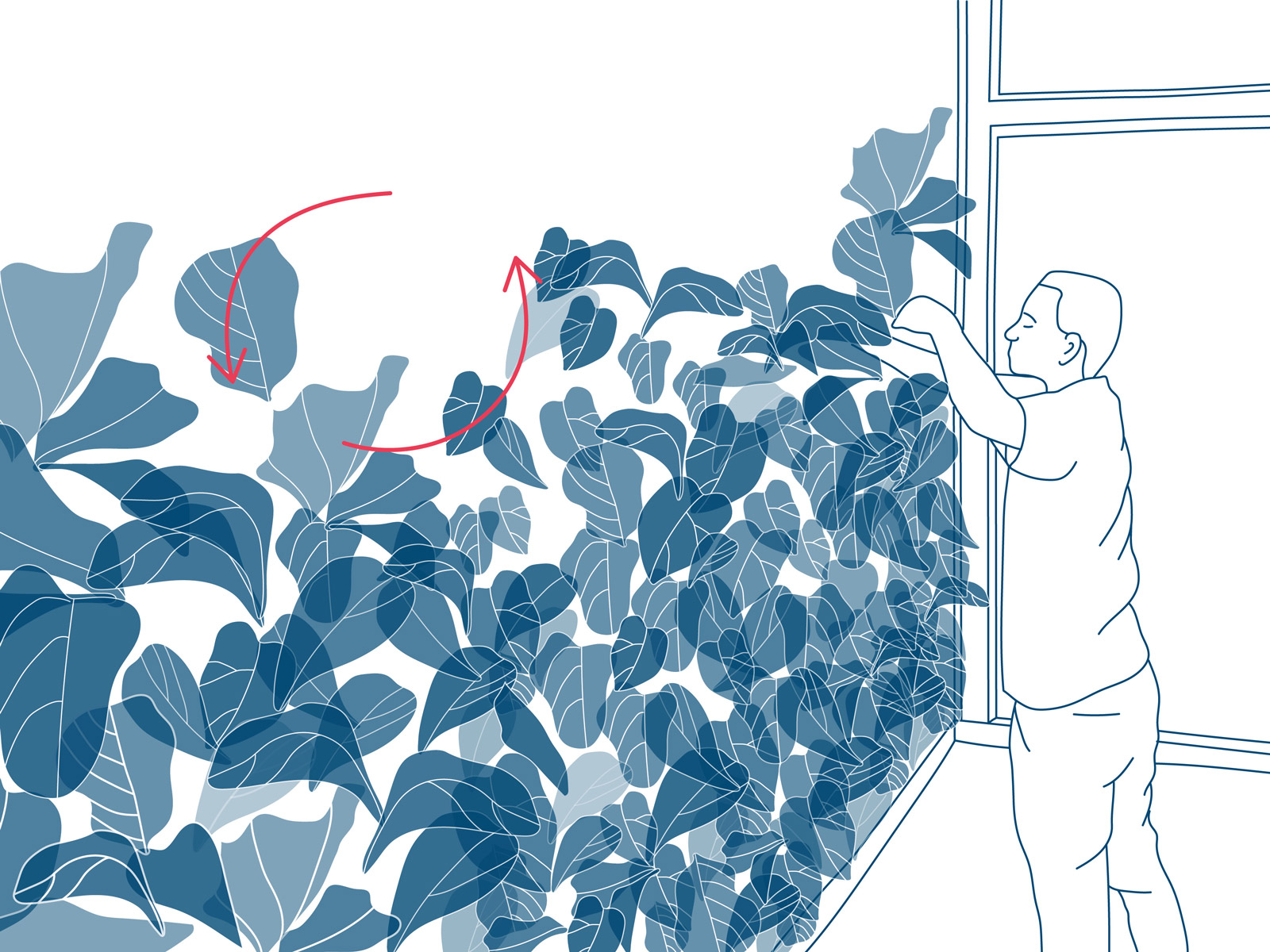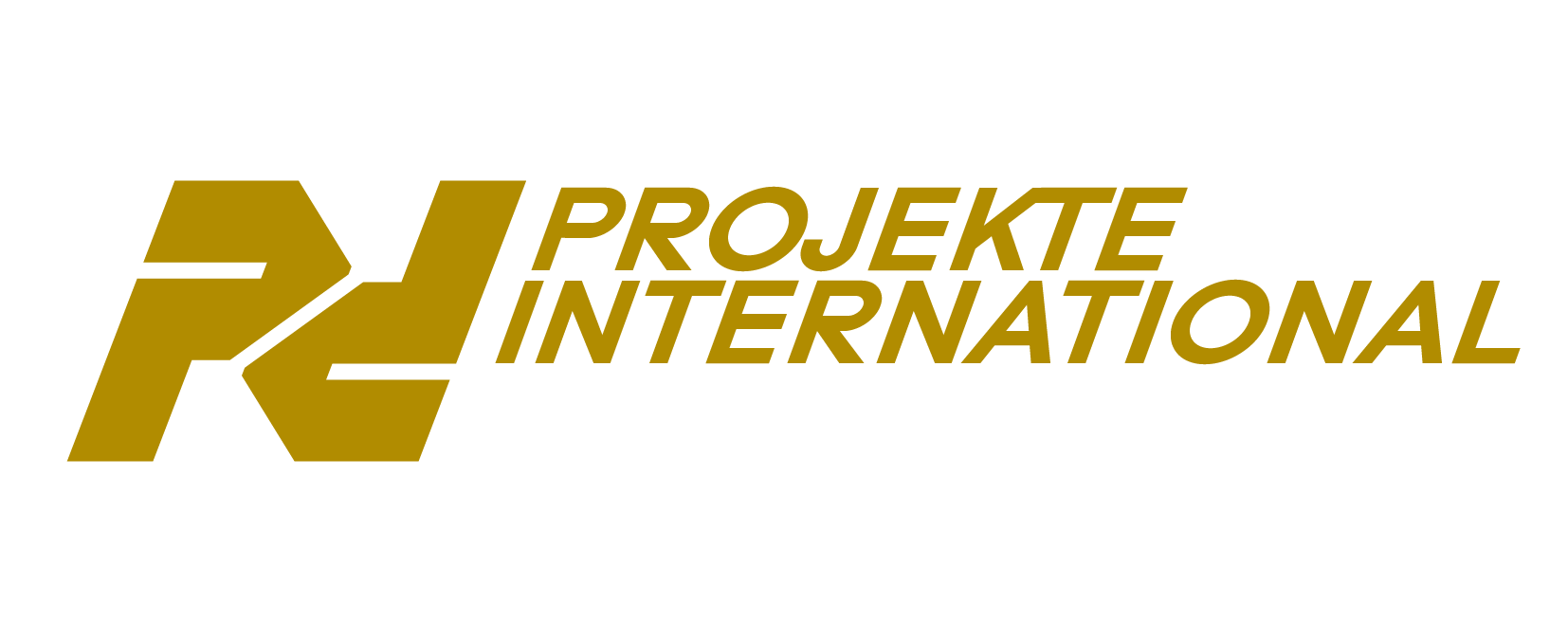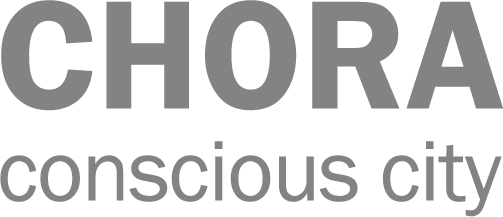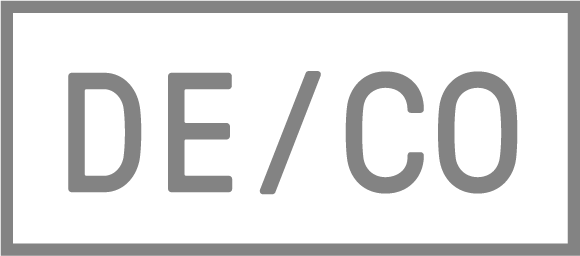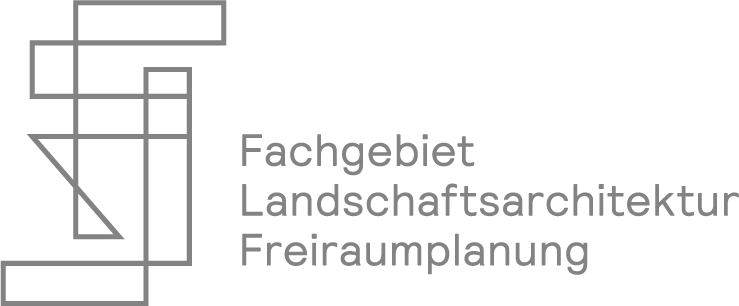MICROARTICLE #Care
Taking care of what's profitable...
By: BB2040 Editorial Team
MICROARTICLE Care
Wissensstadt Berlin 2021
Published on June 26, 2021
Throughout history humans have been continuously reshaping the environment through design. Over centuries we have channeled our water ways for a more efficient use or maticulously cultivated our forests to increase their profitability. However, at the latest since man-made climate change, we have had to realise that we cannot simply dominate over nature. In trying to understand the causes and effects of the Anthropocene we have developed new concepts and approaches for an integrated management of natural resources. These new ideas and concepts accept nature and humans as equal parts in the overall actor-constellation of our ecosystems. However, in the form of ecosystem services, we still measure the effectiveness of these new ideas and concepts in the benefits for society.
The water quality in the Spree is severely affected by overflows from the sewage system, but also as a result of lignite mining in the Lausitz, the Spree is used as a transport route and is channeled in the inner city. These man-made interventions in the river system have almost completely destroyed it as a habitat for flora and fauna. The Flussbad Initiative in Berlin is trying to improve the water quality in the city center through nature-based solutions - according to the principle of taking care of what is profitable, the aim is that the Spree can once again function as a bathing place for Berliners.
BB2040
[EN] Berlin Brandenburg 2040 was initiated by the Habitat Unit in cooperation with Projekte International and provides an open stage and platform for multiple contributions of departments and students of the Technical University Berlin and beyond. The project is funded by the Robert Bosch Foundation.
[DE] Berlin Brandenburg 2040 wurde initiiert von der Habitat Unit in Kooperation mit Projekte International und bietet eine offene Plattform für Beiträge von Fachgebieten und Studierenden der Technischen Universität Berlin und darüberhinaus. Das Projekt wird von der Robert Bosch Stiftung gefördert.
